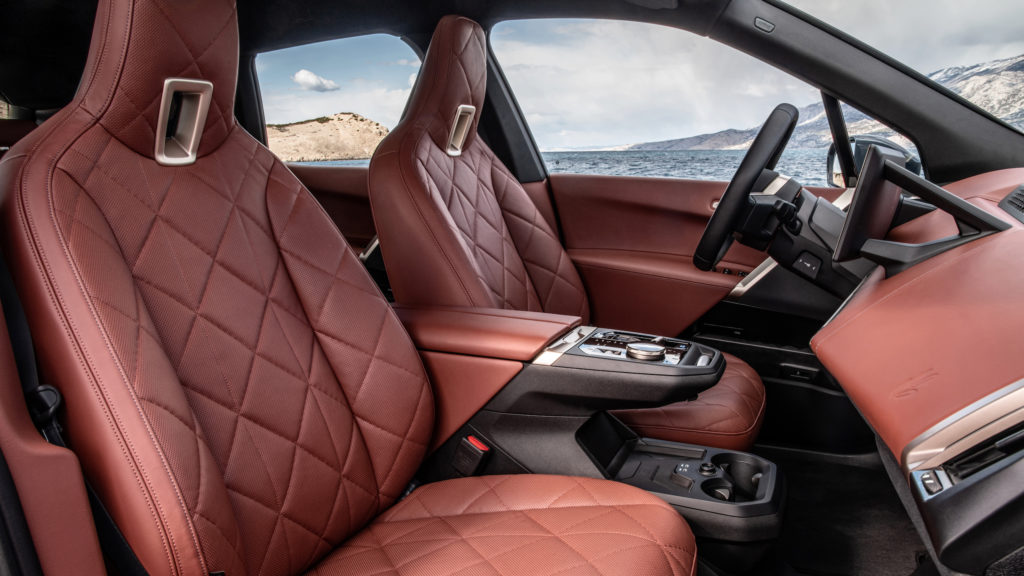In yet another effort to ensure sustainability within the supply chain, the BMW Group has joined the Leather Working Group, a non-profit, multi-stakeholder organization focused uniform environmental standards within the leather industry. The Leather Working Group can certify an organization for its sustainable leather practices, and is said to represent approximately one fourth of the world’s leather producers, according to BMW. The decision for BMW to join the organization described as having a direct tie-in with automaker’s business alignment, which maintains a focus on sustainability and resource efficiency. One of BMW’s more ambitious long term objectives is to create the most sustainable supply-chain in the automotive industry, and joining the Leather Working Group is of key importance.
“As a leader in supply chain sustainability, joining the Leather Working Group is the next logical step for us,” explained Nadine Philipp, BMW Group’s head of sustainability in the supply-chain, energy. She emphasized that, “Leather is still in demand from our customers – depending on the model and region – and is very important in the premium segment. That is why supporting sustainable production and processing of leather at our suppliers is a priority for us. At the same time, we still want all our customers worldwide to be able to choose the optimal product, so we also offer leather-free vehicle equipment options.”
BMW already offers certified natural leather in the BMW iX, the presence of which is denoted by an imprint depicting olive leaves on the passenger side of the dash. SensaTec is offered as standard equipment on the BMW iX xDrive50, while Amido or Castanea Chestnut perforated natural leather are optional at a cost of $2,450. The reason for the olive leaves on the dash is simple: the natural leather offered in the iX is tanned using an environmentally-friendly process that relies on olive leaf extract as a primary input.
The full array of current BMW upholstery options across the spectrum of models includes textiles, SensaTec, Alcantara, and a number of varying leathers such as Dakota, Vernasca, Nappa, Merino, and Lavalina. BMW recently invested in Natural Fiber Welding, a startup focused on the creation of resource-efficient leather alternatives. These include Desserttex, which is made from cactus fibers, and plant-based Mirum, which is described as fully-recyclable.—Alex Tock
[Photos courtesy BMW AG.]
